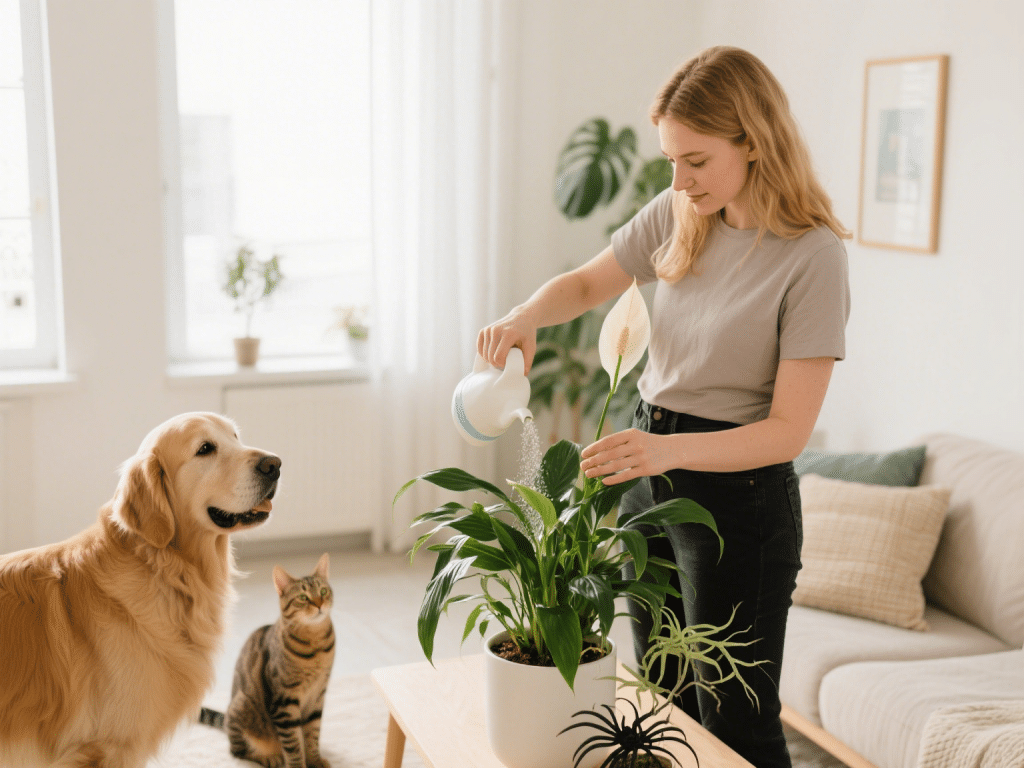
Houseplants can improve air quality, reduce stress, and bring life into our homes—but not all greenery is safe for curious pets. According to the ASPCA, over 600 plant species are toxic to cats and dogs. As a certified veterinary toxicologist with 12 years of clinical experience, I’ll guide you through the top safe, non-toxic houseplants that thrive indoors and pose no threat to your furry family members.
1. Why Plant Choice Matters
Pets explore with mouth and paws. Ingestion of toxic foliage can cause anything from mild gastrointestinal upset to organ failure. Selecting non-toxic varieties minimizes risk and ensures peace of mind.
2. Top 5 Non-Toxic Houseplants
Spider Plant (Chlorophytum comosum): Tolerant of low light, easy propagation, playful arching leaves that pets love to bat at—yet safe if nibbled.
Areca Palm (Dypsis lutescens): Elegant fronds improve humidity; non-toxic and deters chewing.
Boston Fern (Nephrolepis exaltata): Soft, feathery foliage that adds lushness; safe even for heavy chewers.
African Violet (Saintpaulia ionantha): Compact, colorful blooms on fuzzy leaves; equally safe for cats and dogs.
Peperomia (Peperomia obtusifolia): Thick, waxy leaves available in diverse shades; low maintenance and non-toxic.
3. Care Tips for Pet-Friendly Plants
Light & Water: Most listed plants tolerate indirect light and moderate watering—allow topsoil to dry before rewatering.
Placement: Position hanging varieties or elevated shelves outside reach of especially curious kittens and puppies.
Pot Choices: Use weighted, sturdy pots to prevent tipping when pets brush by.
4. Integrating Plants into Pet Areas
Create designated “green zones” away from feeding stations and litter boxes. Incorporate raised plant stands or wall-mounted planters to keep foliage out of reach while adding vertical interest.
5. Emergency Protocol
Keep your veterinarian’s number and the ASPCA Poison Control hotline (888-426-4435) readily accessible. If ingestion of any plant occurs, note the plant type and amount consumed to facilitate rapid care.
Conclusion
Curating a collection of pet-safe houseplants lets you enjoy the benefits of indoor greenery without fear. By choosing non-toxic varieties, practicing smart placement, and providing basic care, you’ll create a vibrant, healthy environment for both your plants and your pets.


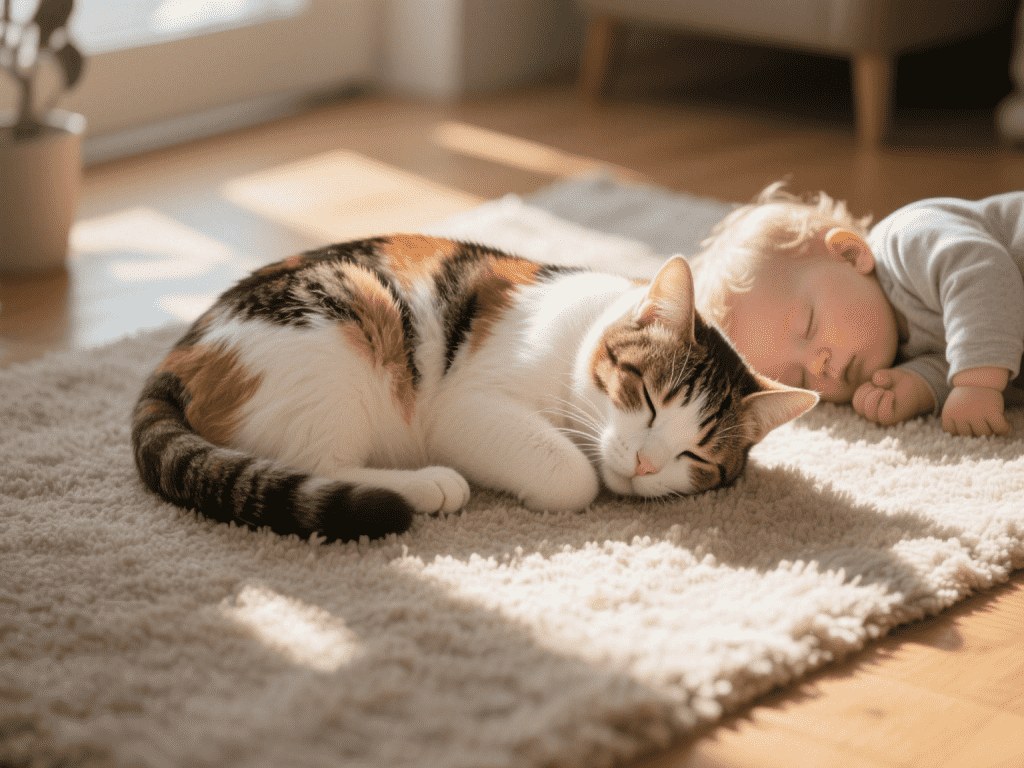
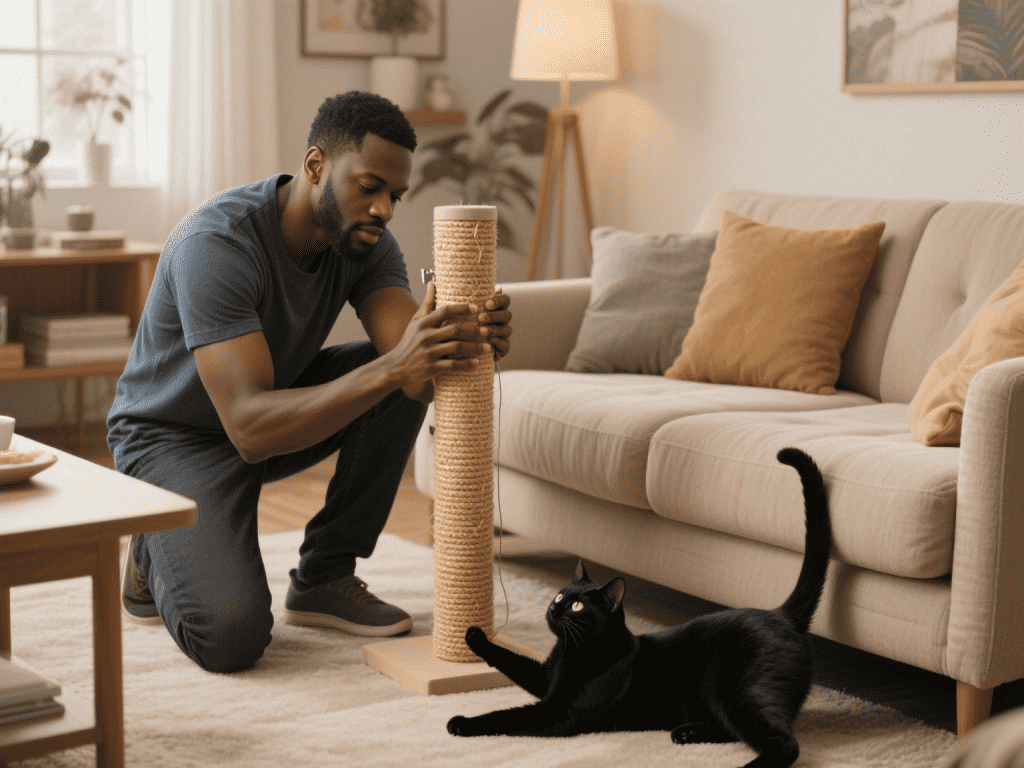
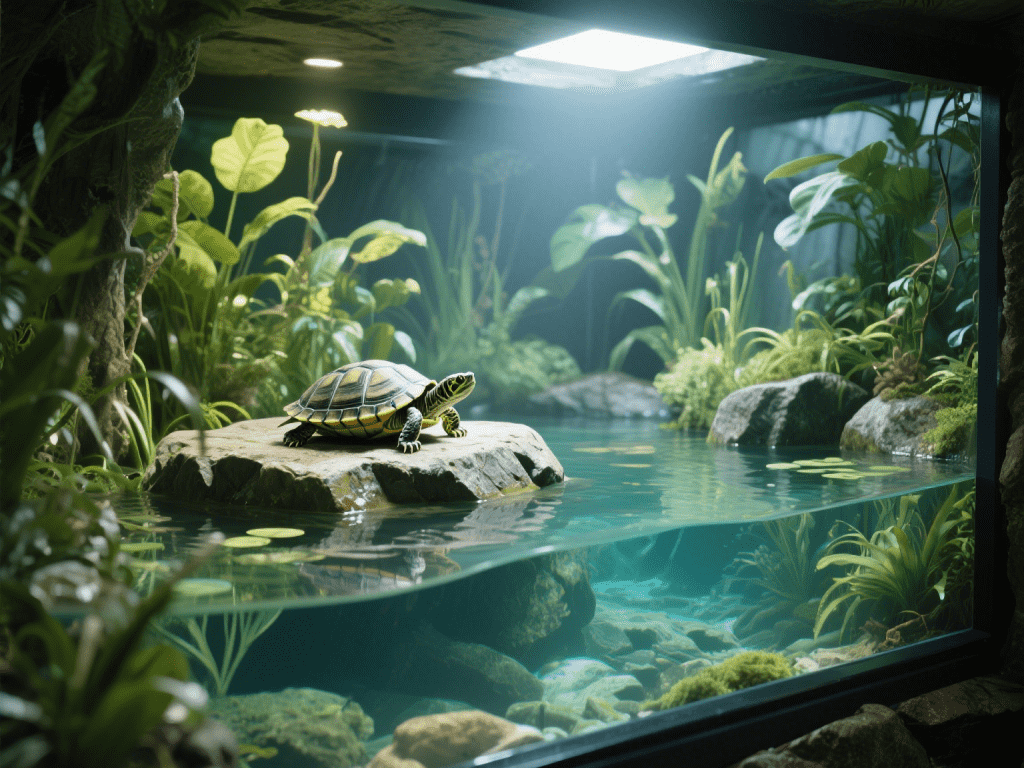
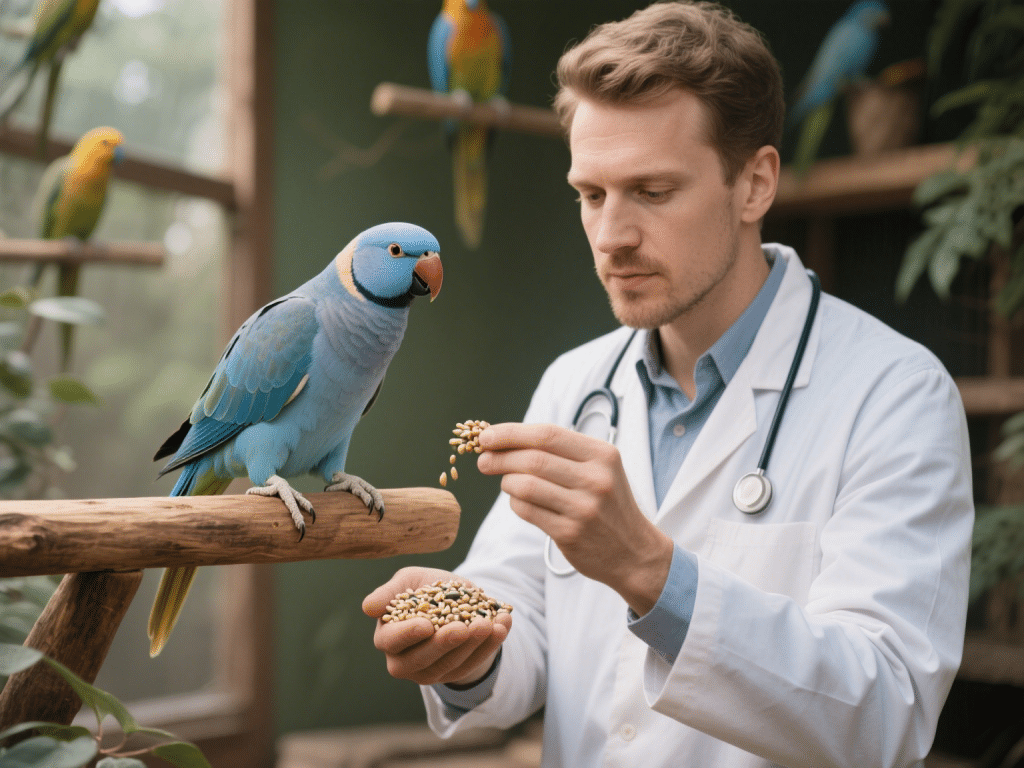

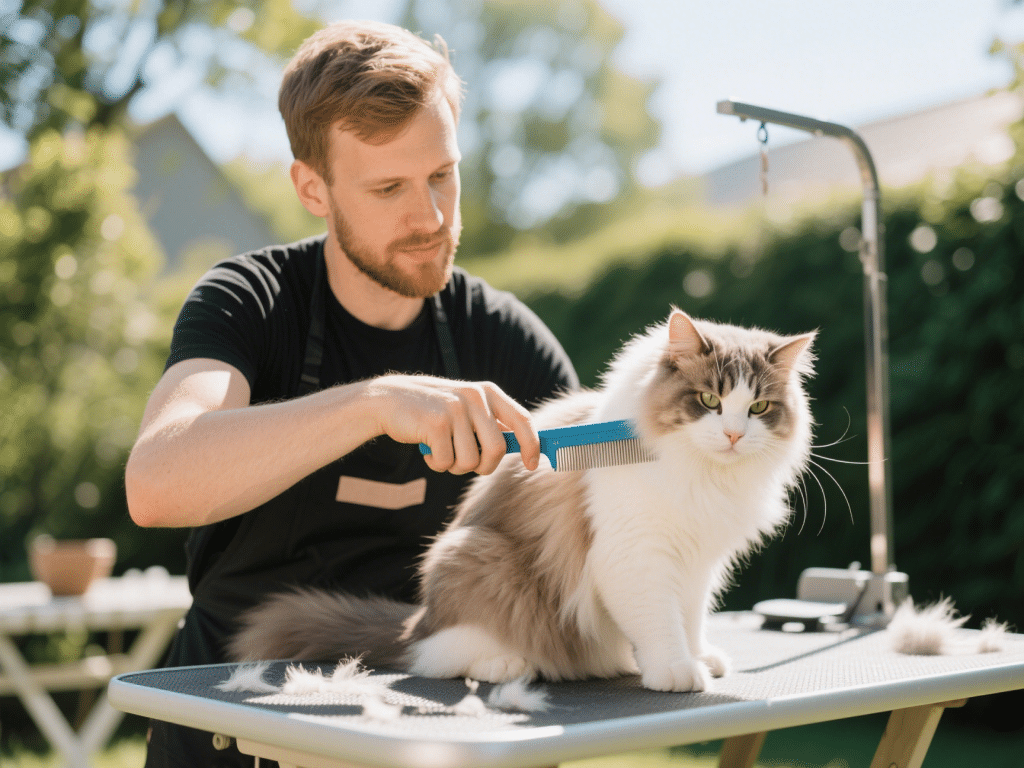

Comments on " Safe Houseplants for Pets: The Top Non-Toxic Greenery to Grow at Home" :